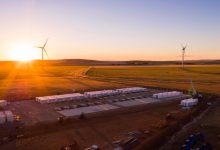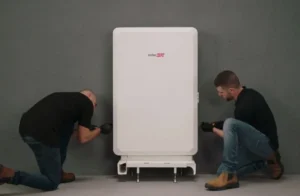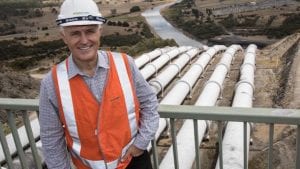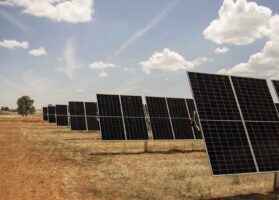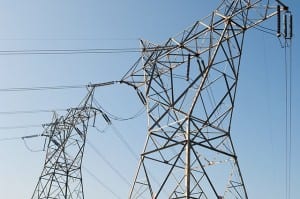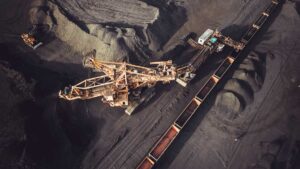While Elon Musk was Tweeting his frank opinion of Tesla’s stock price (and sending it tumbling) over the weekend, news also emerged that the company he co-founded was quietly applying for an electricity supply licence in the United Kingdom.
British paper The Telegraph reported on Saturday that the US electric vehicle and battery storage giant had applied to the UK energy regulator for the licence, for reasons not made clear on the application form.
The paper did cite a company source, however, who reportedly suggested the move could be about introducing the company’s Autobidder platform – such as is currently being used at the Tesla big battery – aka the Hornsdale Power Reserve in South Australia – to the UK market.
This makes some sense, considering the impressive revenues that are being generated by the Tesla big battery. According to its owner, renewable energy developer Neoen, the Hornsdale Power Reserve enjoyed a 56 per cent jump in revenues in the last quarter of 2019, primarily due to a jump in the value of frequency and ancillary services.
And those revenues are likely to be dwarfed by the big battery’s first quarter revenue, after storms tore down the main link between South Australia and Victoria and saw a surge in FCAS requirements and prices over the two weeks that S.A. was islanded.
A move into the UK electricity market also fits with industry speculation that Tesla might be considering getting into the utility business, by building and operating its own batteries, rather than for other project developers.
In the Tesla Q1 earnings call late last week, Musk was asked the question but said the company “hadn’t really thought about that yet.” But he also stressed that such a move was not out of the question.
“Our overarching goal is to accelerate the advent of sustainable energy. The three elements of that is sustainable power generation, the ability to store that generation, and electricity transpsortation,” he said.
Other companies, meanwhile, are catching on to the market potential of owning and running grid-scale batteries as network assets.
In February of this year, multinational oil giant Shell signed a power offtake deal with Europe’s largest battery storage project, allowing Shell Energy Europe and Shell subsidiary Limejump “to optimise the use of renewable power in the area” while also guaranteeing development of the 100MW/100MWh Minety power storage project – dubbed the biggest battery project in Europe.
And it has taken control of Australia’s ERM Power, in a move that it says will pitch it against the country’s established “big three” gentailers, and as a forefront for becoming the biggest electricity generator in the world.

